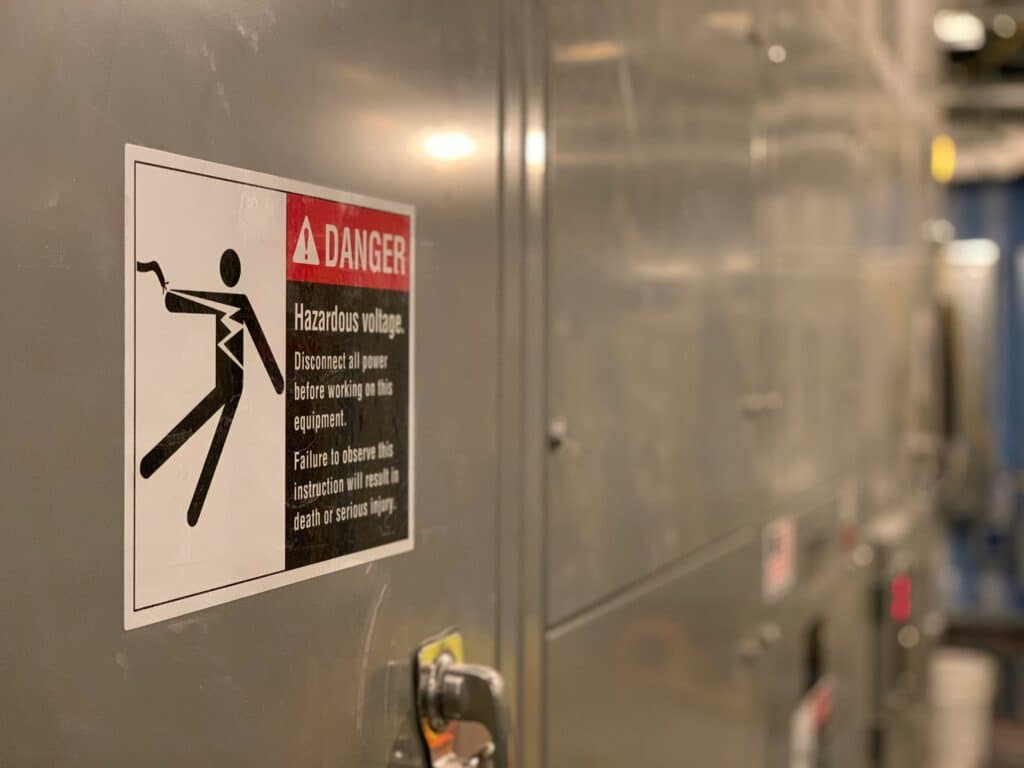Humans are social creatures. We all try to make connections and relationships whenever possible to fit in with others.
This behaviour isn’t exclusive to personal relationships either – we also try to fit in at work and even in public surrounded by strangers.
But why do we do this?
There’s a lot of research that suggests those around us can impact our decisions and actions.
Solomon Asch was a psychologist working on conformity and peer pressure. He devised a classic study in the 1950s where a group of people were given cards with lines of varying lengths.
He asked participants to point out which two lines were the same length. Each group contained one genuine participant, while the rest were actors instructed to give the incorrect answer.
Asch reran the trials several times and found that a third of participants reliably conformed with the clearly incorrect majority every time, whilst a staggering 75% conformed at least once.
In post-study interviews, the experimenters found that the participants knew the answers given were wrong but went along with the group for fear of being ridiculed. This study showed that people will conform to a group because they want to fit in and believe the group is better informed than the individual.
These types of studies have enormous implications for health and safety in the workplace.
They show us that in companies where directors think accidents ‘just happen’, their teams typically have lower morale, are less productive, and are less profitable. So, when a person with high standards joins this culture, there are usually two outcomes: the group influences them to conform to the lower standard, or they choose to leave the business.
While we often view peer pressure negatively, it’s not necessarily all doom and gloom.
Instead of pressuring you to make poor decisions or agree to lower standards, your colleagues can push you to further your career and challenge you to leave your comfort zone.
Directors or senior leadership actively promoting better performance and increased health and safety will have more engaged teams. As a result, their business is more profitable, has fewer accidents, and less ill-health among team members.
When a new starter who’s more casual in their performance or health and safety approach joins the group, the positive group attitude influences them to follow a higher standard.
If you’re a director or senior manager, you shouldn’t underestimate your influence on your workplace’s culture.
Encouraging a robust health and safety culture means you’ll run a happier, more successful, and more resilient business, and your team will be happier and more productive.
What do you have to lose?



